Technology Litigation & Legaltech (Law) - Legal Tech Tool
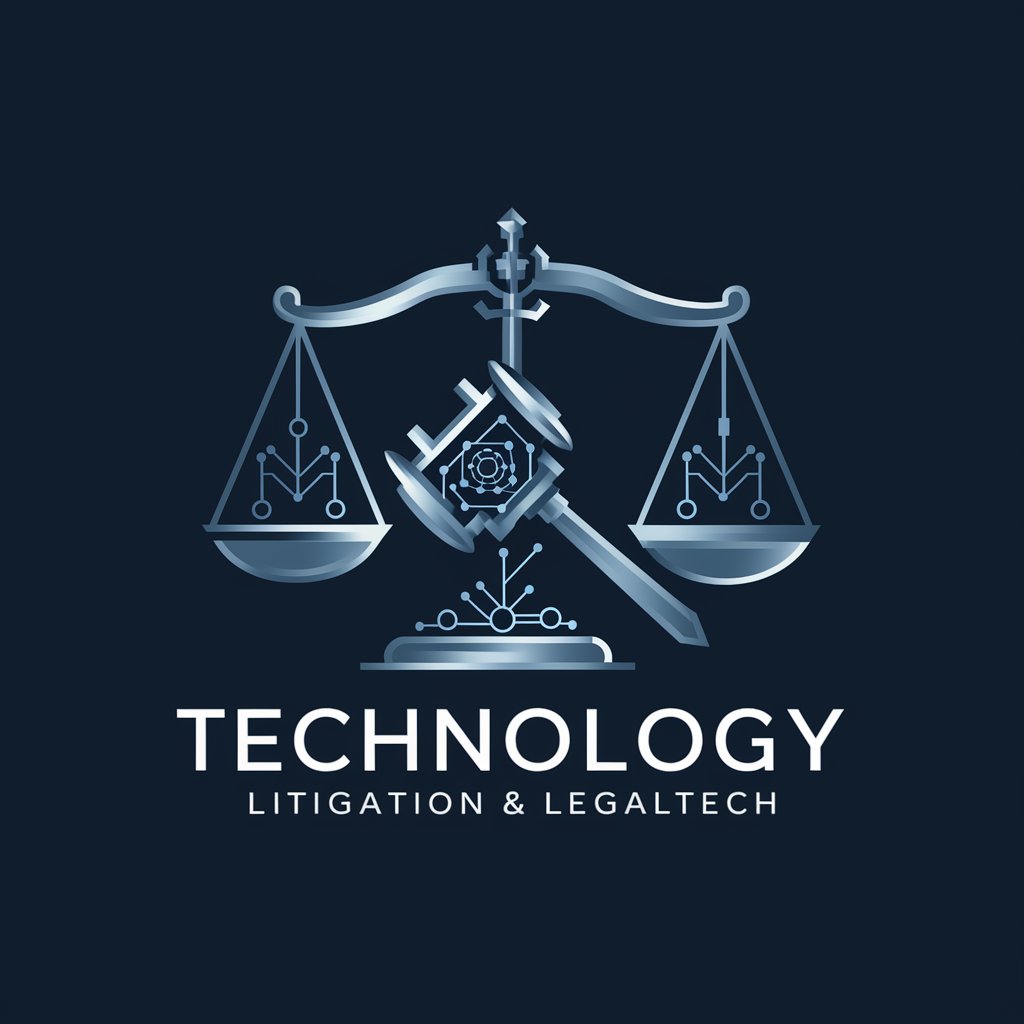
Welcome! Let's make technology law clear and accessible.
Empowering Law with AI
Explain the impact of recent technology litigation cases on...
How does legaltech enhance the efficiency of...
What are the key legal challenges in the field of...
Describe a landmark court case involving...
Get Embed Code
Overview of Technology Litigation & Legaltech (Law)
Technology Litigation & Legaltech (Law) specializes in providing expert knowledge and resources related to legal issues in technology, including litigation and the use of technology in legal practices. This includes everything from software disputes, copyright infringements, data breaches, and patent challenges to the deployment of legal technologies that improve the efficiency of legal processes. For instance, it could help a legal team prepare for a complex software copyright case by providing up-to-date case law, trends in similar litigation, and strategic advice. Powered by ChatGPT-4o。

Main Functions and Real-World Applications
Case Analysis
Example
Analyzing landmark rulings like Oracle v. Google, discussing implications of software copyright.
Scenario
A lawyer uses insights from previous rulings to build a strategy in a similar software copyright litigation.
Legal Research Automation
Example
Automated tools that compile case law and statutes relevant to a specific legal question.
Scenario
A law firm uses legaltech tools to quickly gather all recent cases involving AI ethics to prepare for a consultation.
E-Discovery
Example
Using AI to manage and sift through large datasets during the discovery phase of litigation.
Scenario
A corporate legal department employs AI tools to efficiently review thousands of emails in a trade secrets case.
Compliance Monitoring
Example
Tools that keep track of regulatory changes, like GDPR or CCPA, and their implications.
Scenario
A technology company monitors ongoing legislative changes to ensure all its products comply with international privacy laws.
Target User Groups
Legal Professionals
Lawyers, paralegals, and judges who need to stay updated on technology law and use efficient tools for legal research, case management, and court filings.
Technology Firms
Tech companies requiring regular legal guidance on issues like intellectual property, data protection, and software licensing agreements.
Government Agencies
Regulatory bodies and government officials who need to understand the legal landscape of technology to draft policies, enforce laws, and engage in litigation.
Academic Institutions
Educational entities and researchers focusing on the intersection of law and technology, studying trends, and developing new legaltech solutions.

Guide to Using Technology Litigation & Legaltech (Law)
Start a Free Trial
Begin by visiting yeschat.ai to access a free trial, available without any need for login or subscribing to ChatGPT Plus.
Explore Features
Familiarize yourself with the platform’s features, including case analysis tools, document automation, and legal research enhancements.
Attend Training
Participate in available webinars and training sessions to understand the best practices for integrating this tool into your legal workflows.
Apply to Daily Tasks
Start using the tool for daily legal tasks, such as drafting legal documents, analyzing case law, and managing legal databases.
Evaluate and Adapt
Regularly assess the impact and efficiency improvements in your legal operations and make adjustments as needed to optimize usage.
Try other advanced and practical GPTs
Business litigation
AI-Powered Legal Insights

Zen Samurai
Craft Your Words with AI Power

HR ekspert Norge
Empowering HR with AI
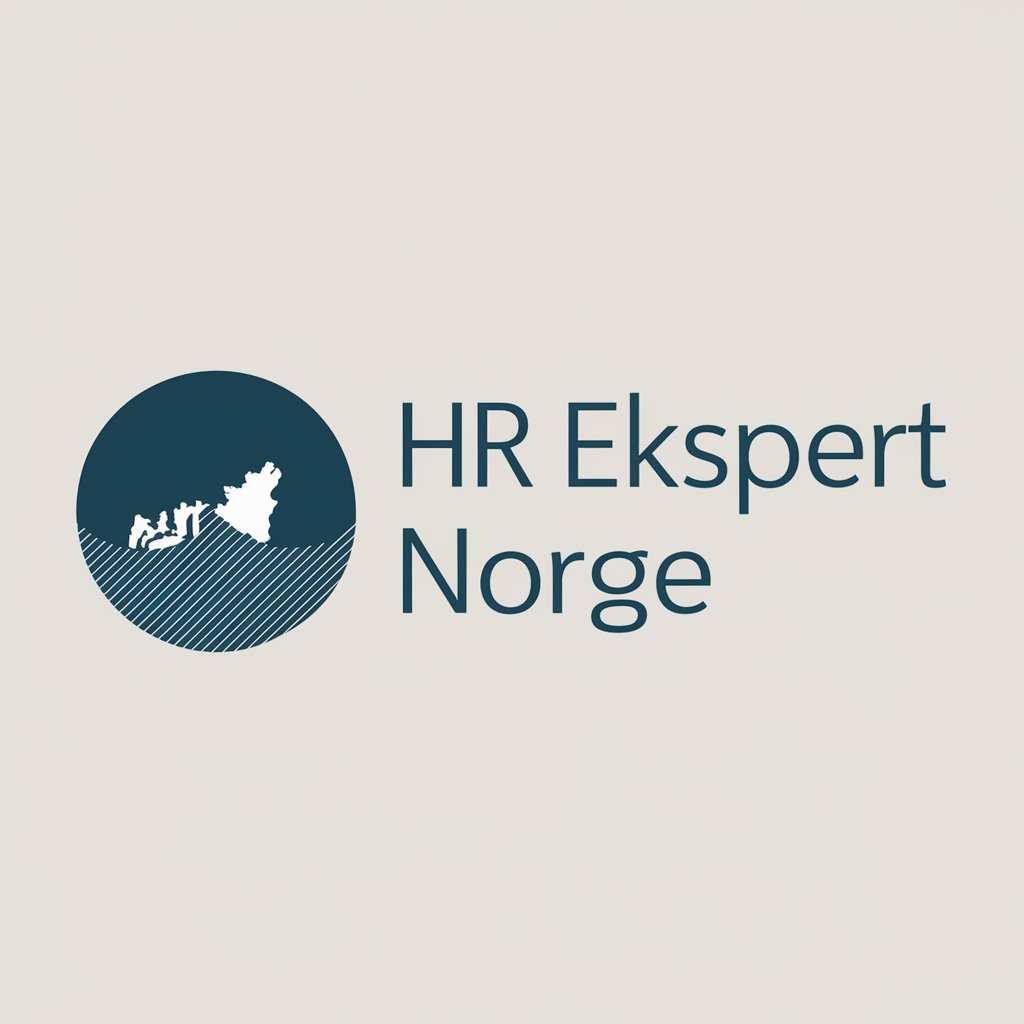
Three.js Navigator
Master 3D Web Graphics with AI Guidance
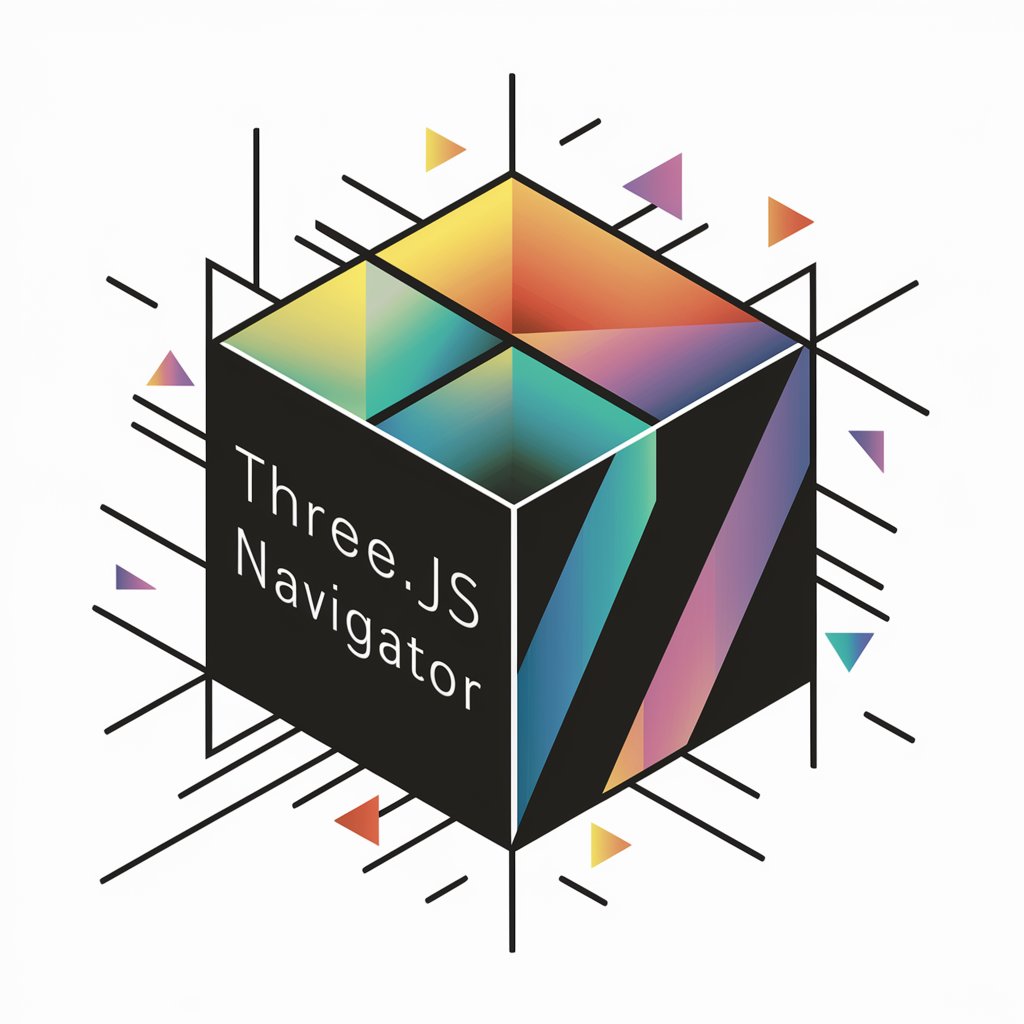
Artistic Framer
Custom Tribal Art at Your Fingertips
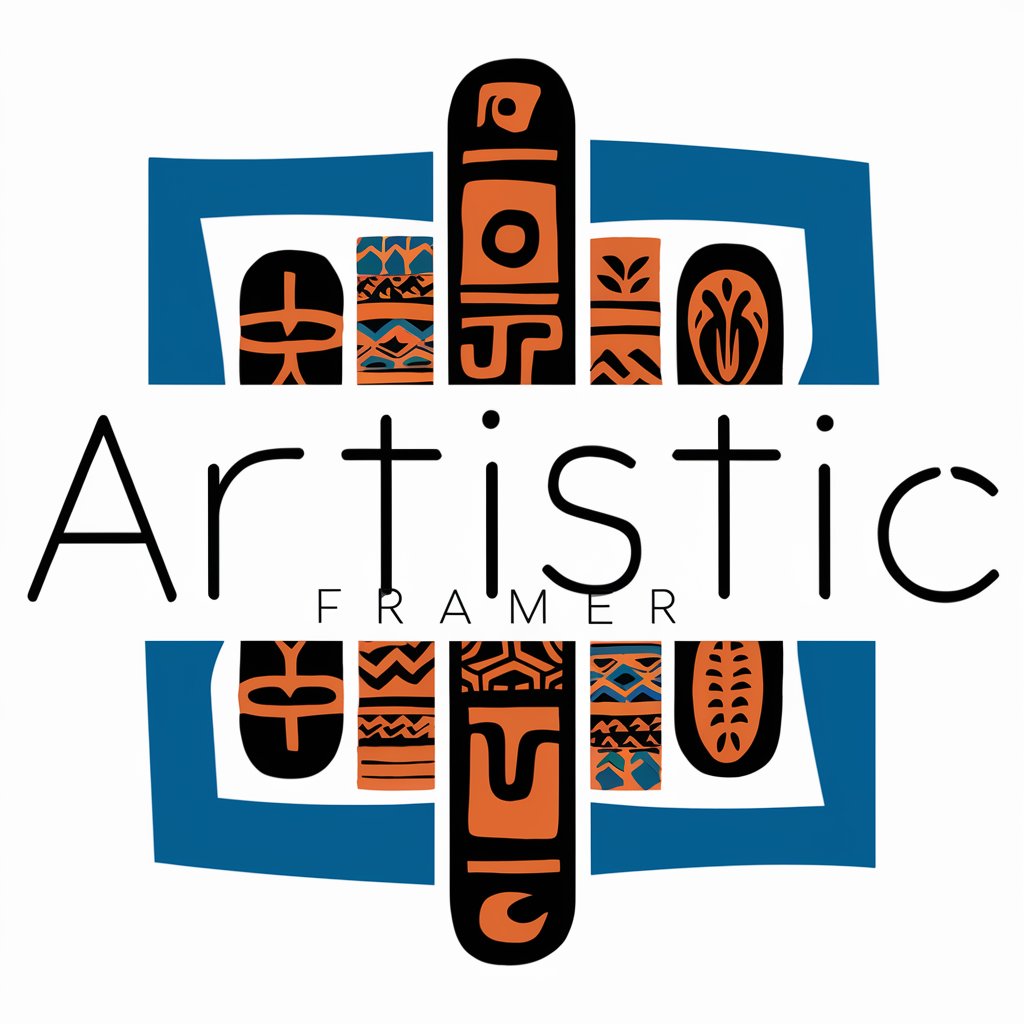
Photo Insight
Unlock the Story Behind Every Photo

Artifact Analyst
Decoding history with AI-powered artifact analysis
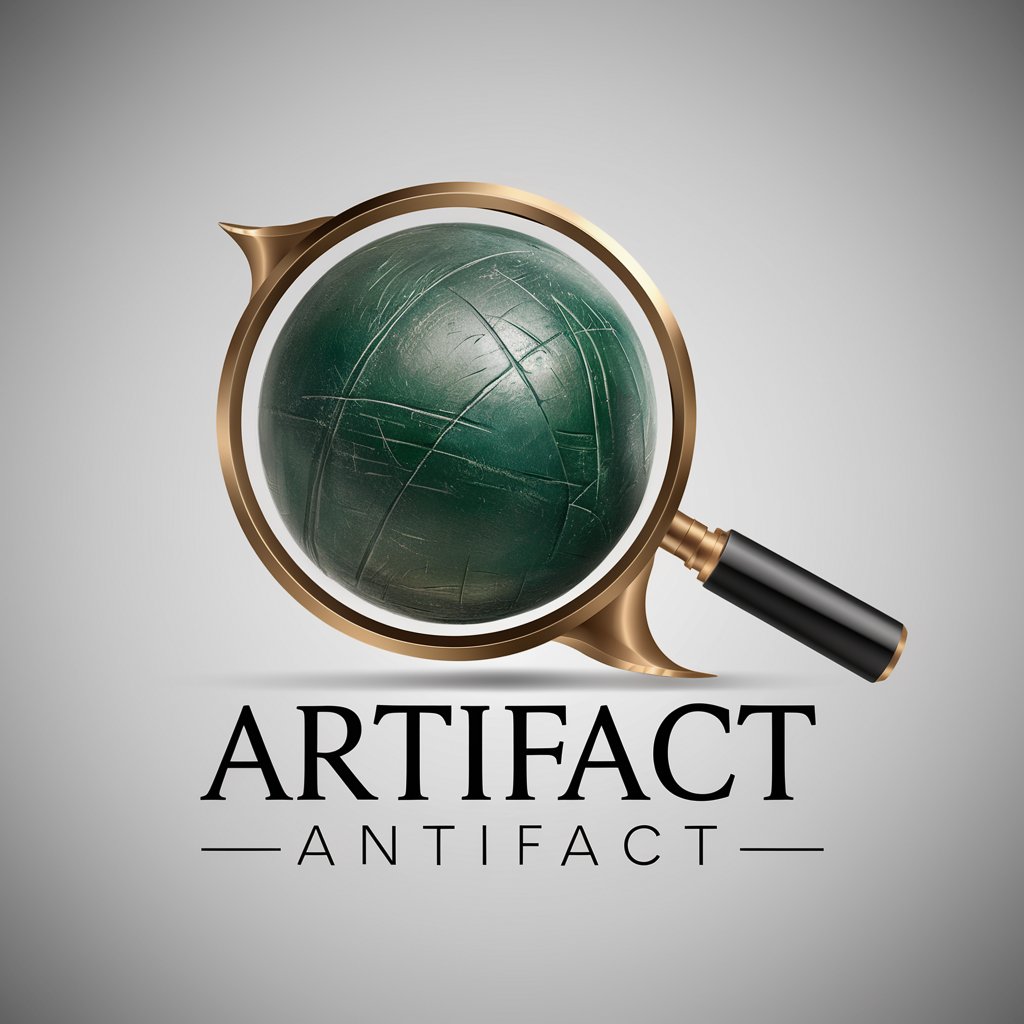
Sociology Mentor
Unleash sociological insights with AI.

Sociology Professor GPT
Empowering Sociology Learning with AI

A-Level Sociology Tutor
Master Sociology with AI Guidance
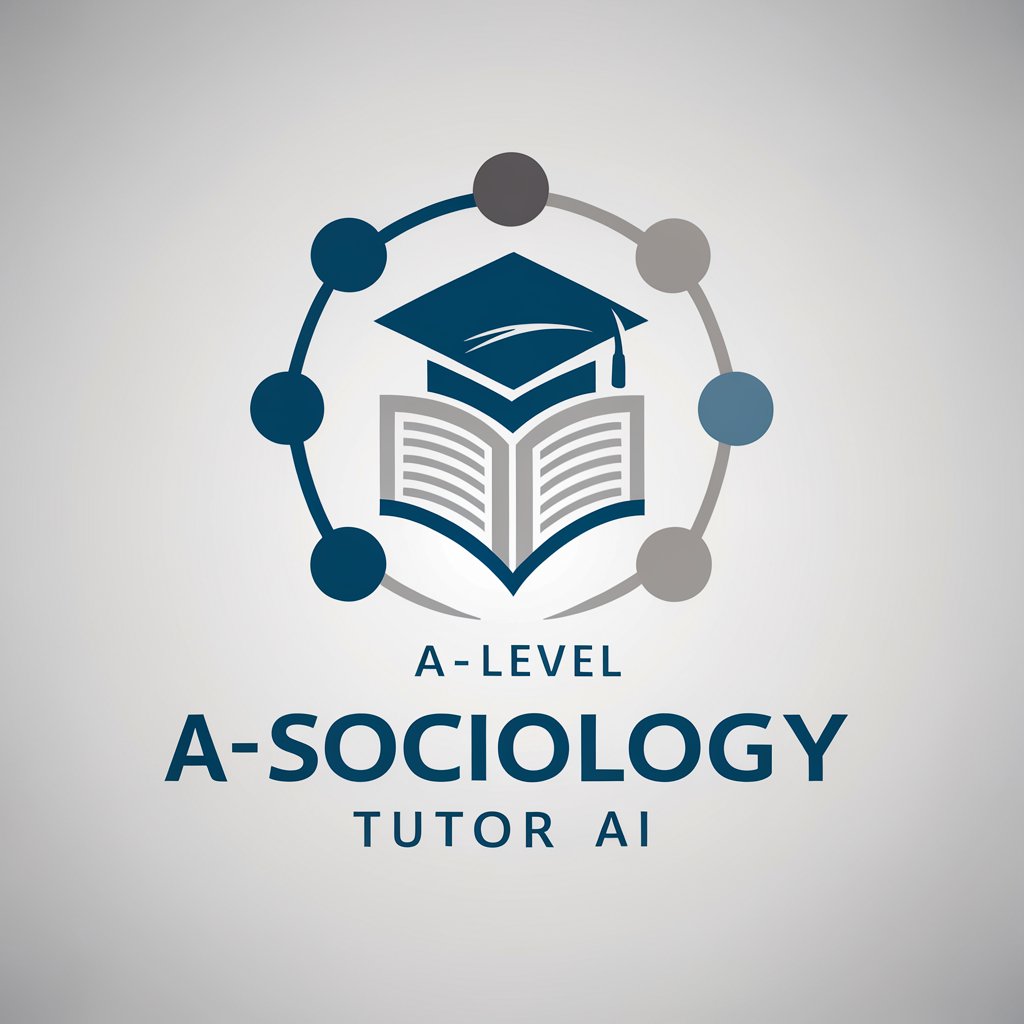
Coffee Drip Master
Perfect Your Brew with AI
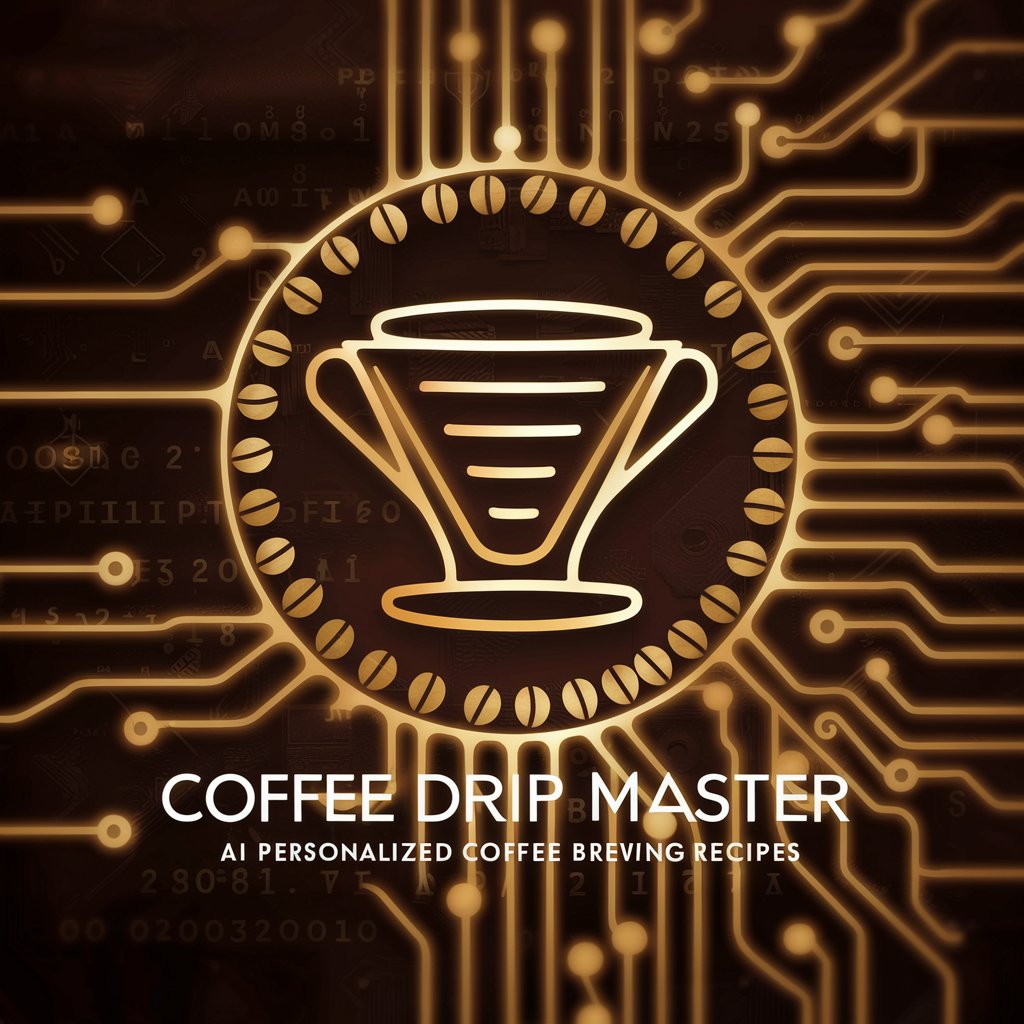
Drift Maker
Powering Imaginative Car Drifts

FAQs on Technology Litigation & Legaltech (Law)
What is Technology Litigation?
Technology Litigation involves legal disputes related to technological issues, such as software patents, data breaches, and intellectual property rights. This area of law is rapidly evolving with the advancements in technology.
How can Legaltech help lawyers?
Legaltech provides tools that automate and enhance legal processes, including document management, case prediction analytics, and electronic discovery. These tools help lawyers save time and increase accuracy in their legal work.
What are the benefits of using AI in legal practices?
AI can significantly enhance legal practices by automating routine tasks, predicting legal outcomes with data analysis, and providing insights from past legal cases. This leads to more efficient and informed decision-making.
Can non-lawyers use Legaltech tools?
Yes, non-lawyers can use Legaltech tools, especially in roles that support legal operations, such as paralegals, legal secretaries, and law firm administrators. These tools streamline their tasks and improve overall office efficiency.
What should I consider when choosing a Legaltech solution?
Consider factors such as the specific needs of your practice, the compatibility with existing systems, the ease of use, and the level of customer support. Also, assess the security features to protect client data.
